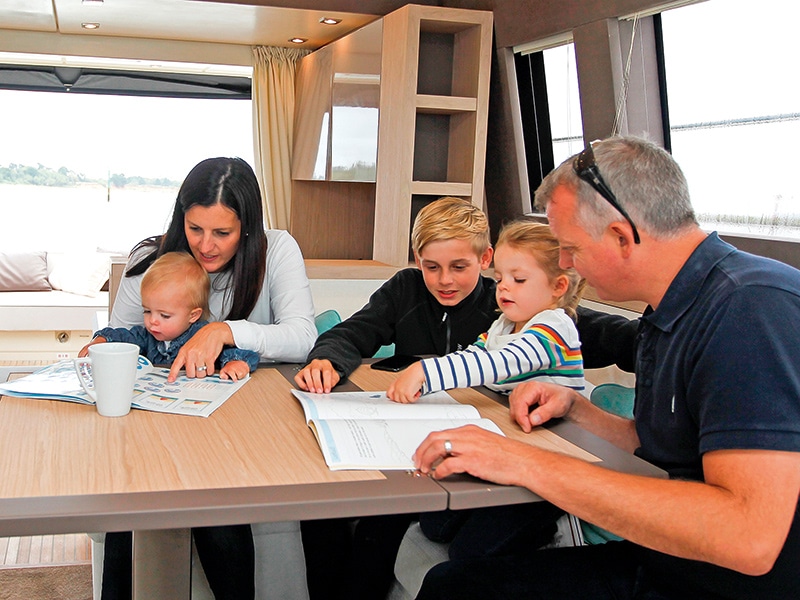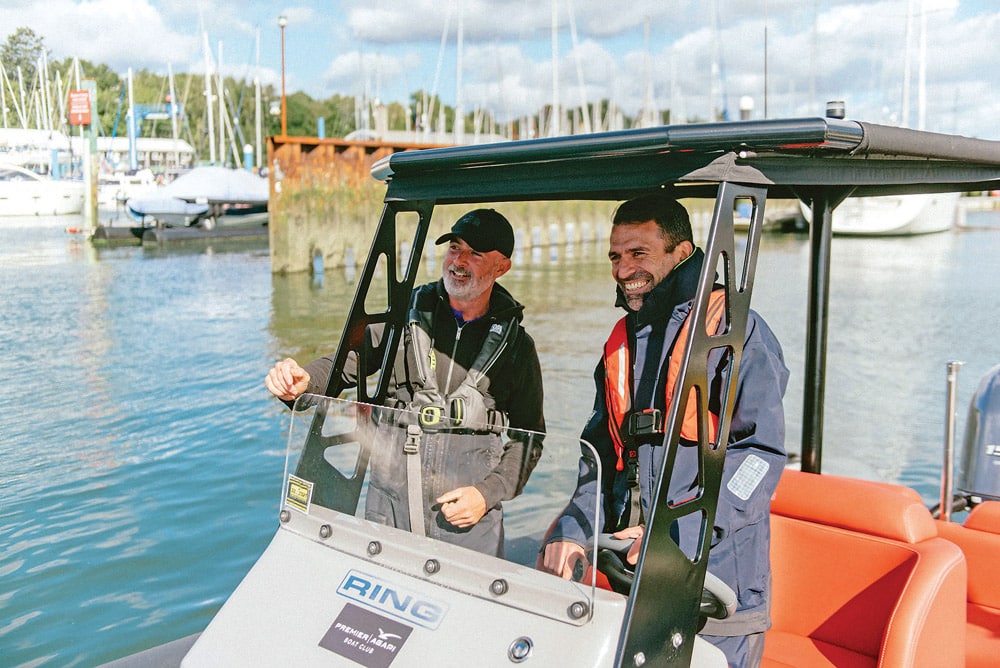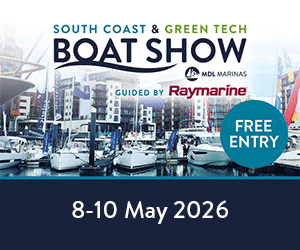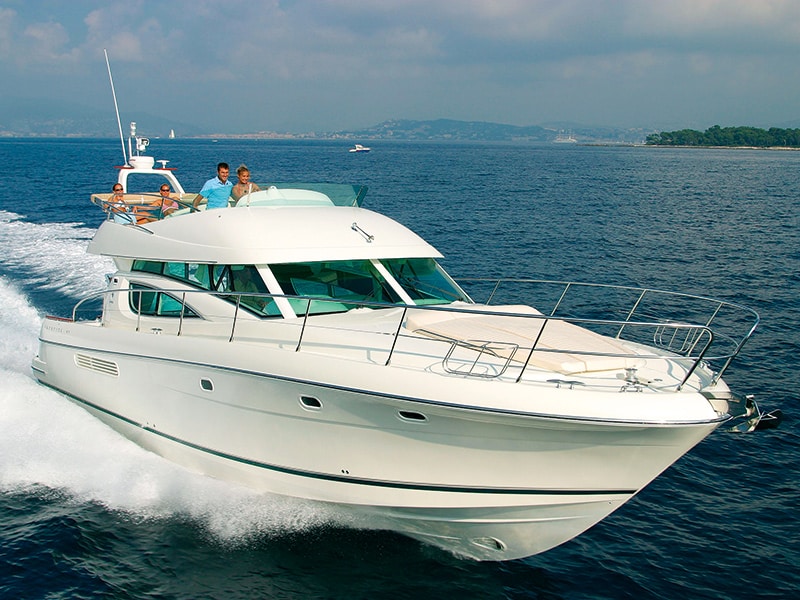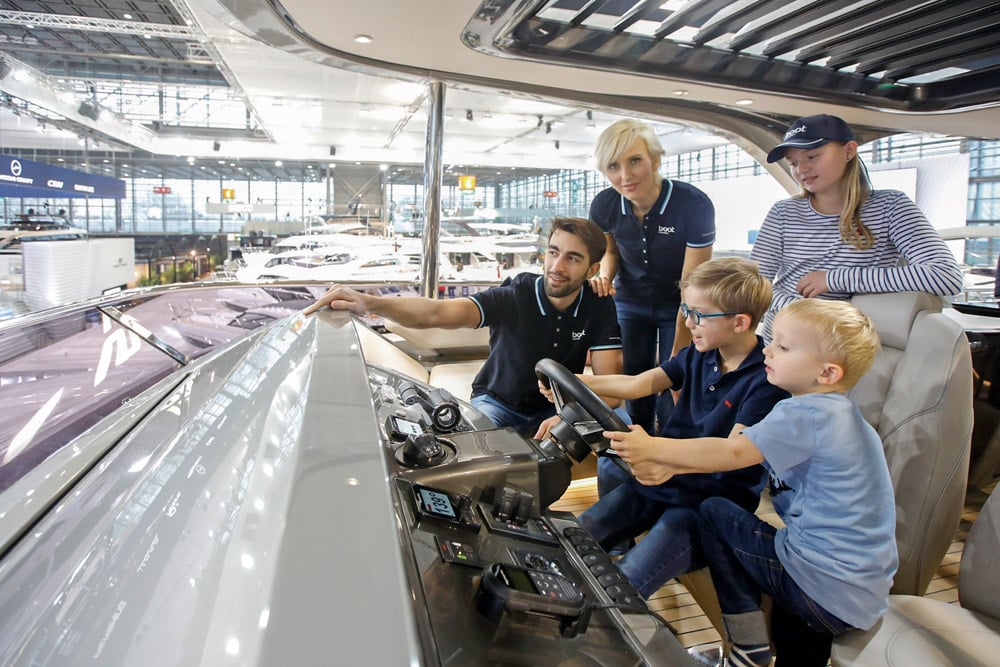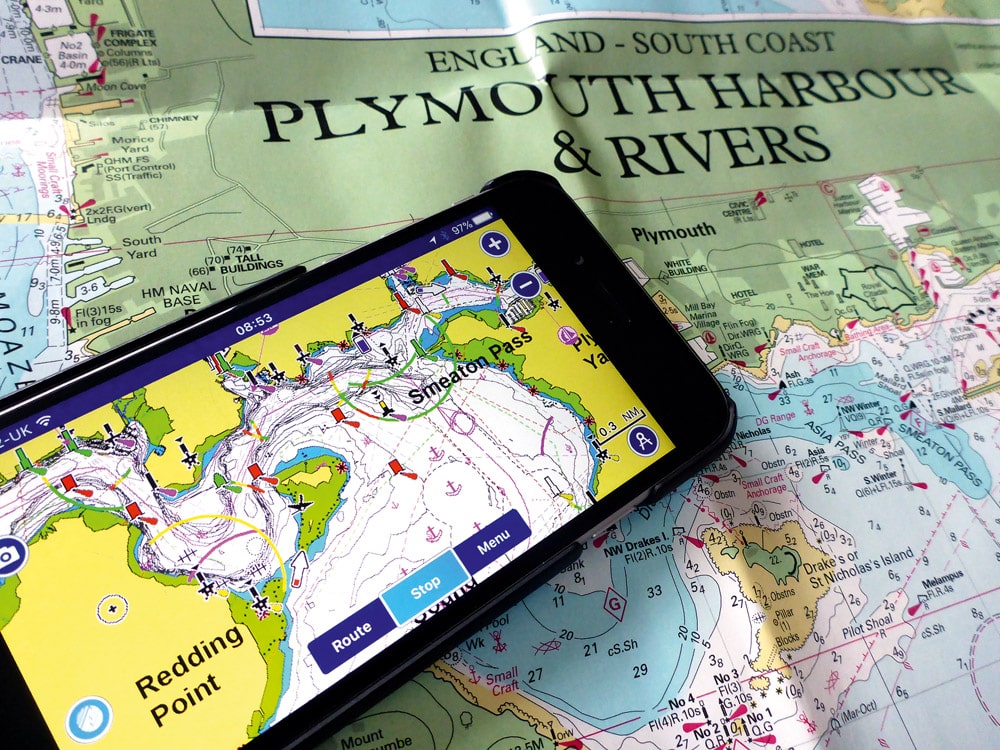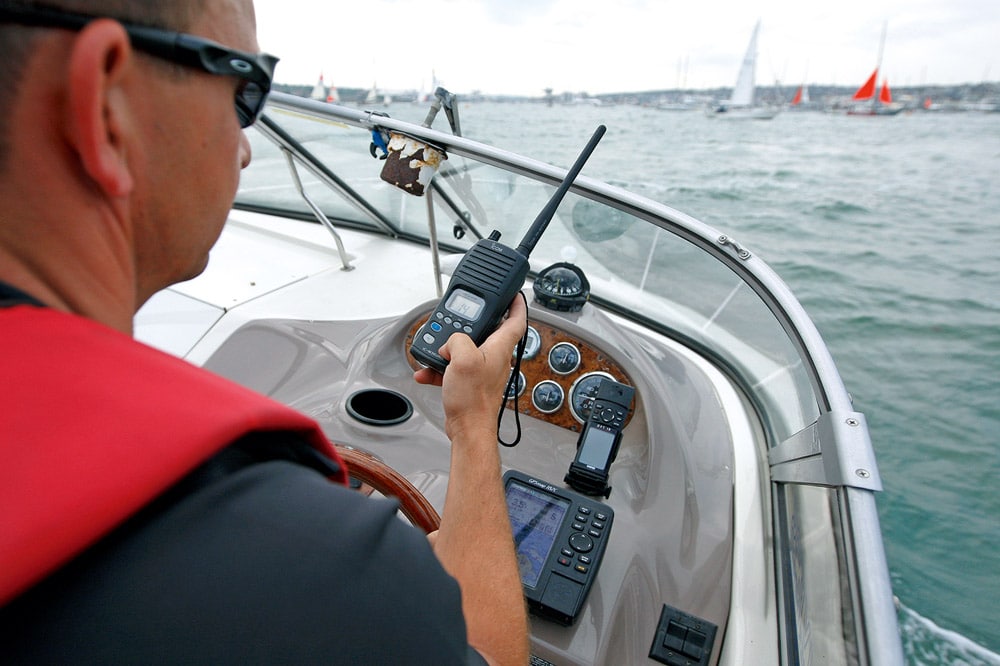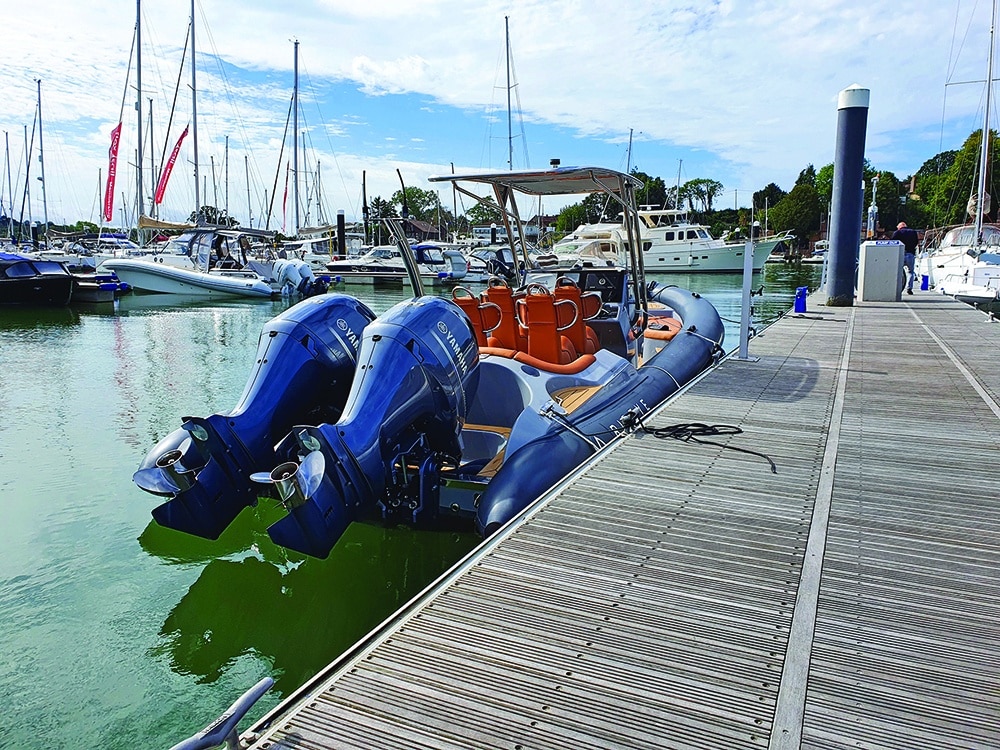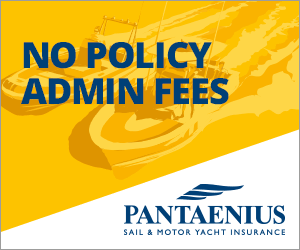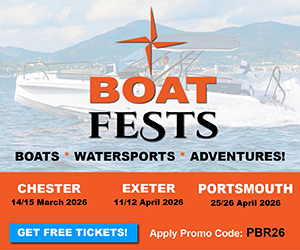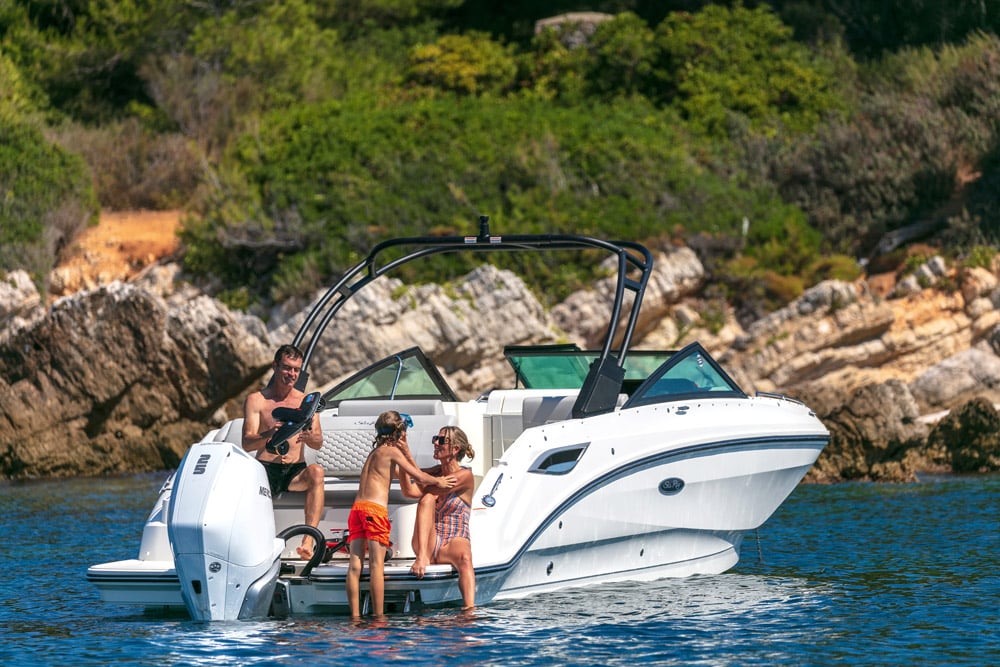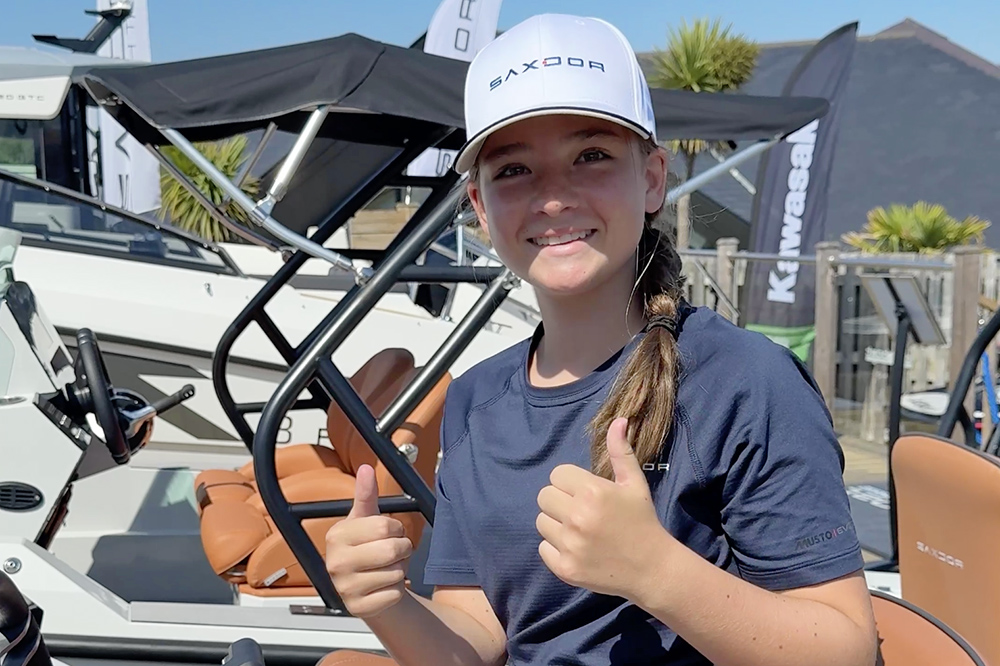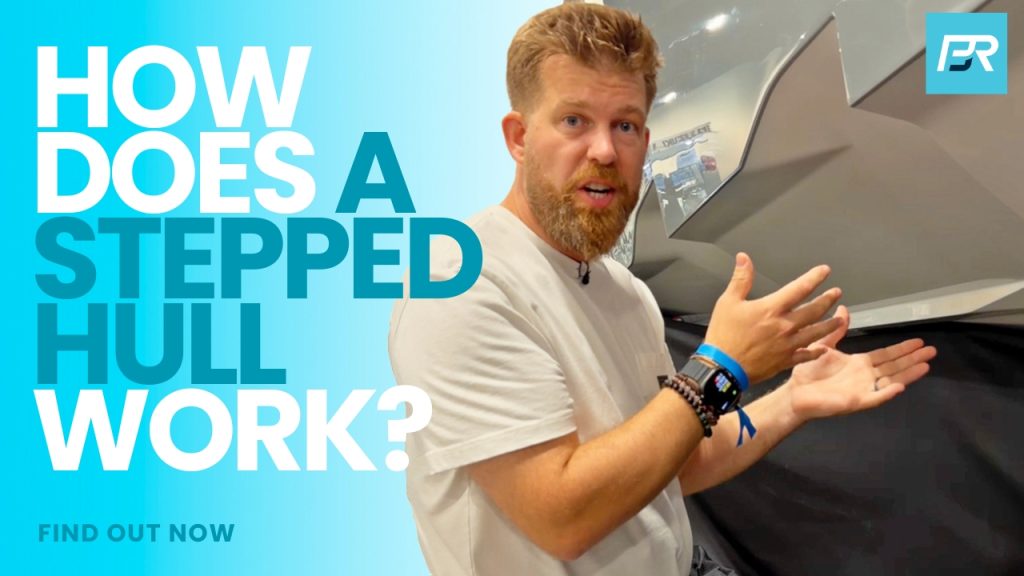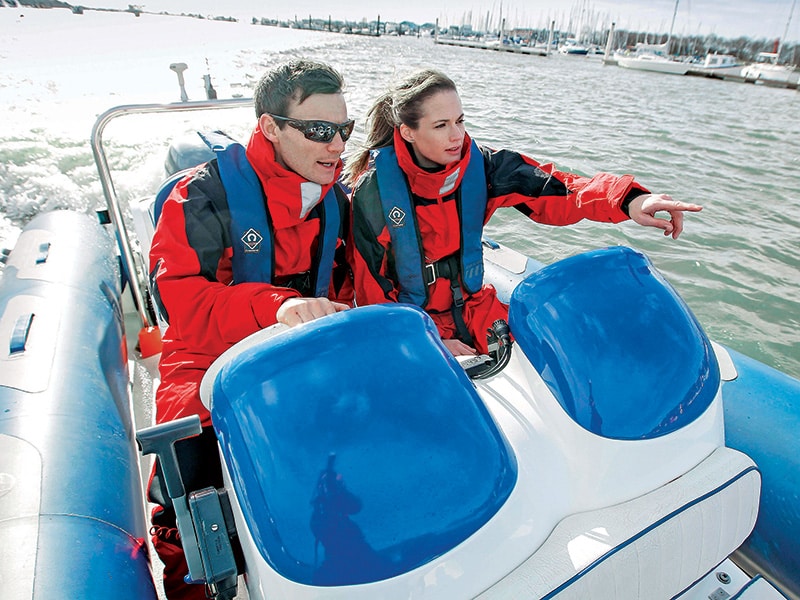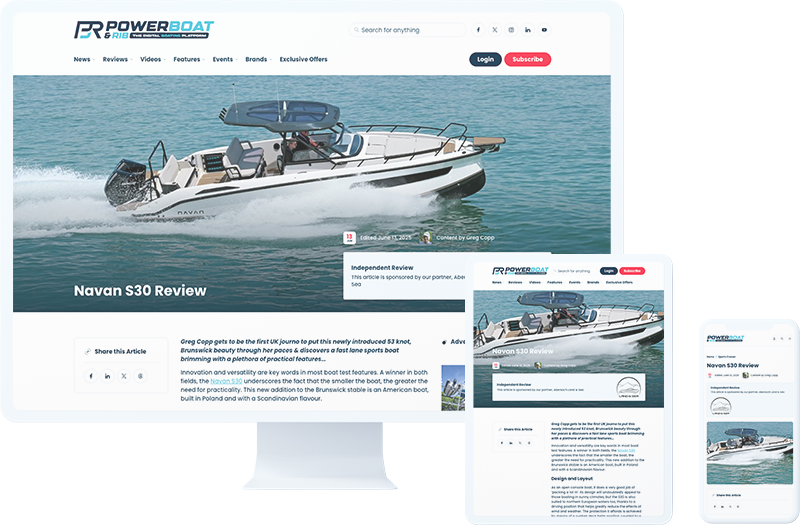When to choose motor cruising: “If you will be using larger boats with accommodation and the capacity to cruise or work further offshore you are likely to need a certificate within the motor cruising programme such as Day Skipper, Coastal Skipper or Yachtmaster.” (RYA)
Start Motor Cruising
Duration: 1 day (or 2 days when combined with other courses) Minimum Age: 8 years (16 if unaccompanied) Prerequisites: None
Course Content:
- Personal safety and seamanship
- Emergency situations
- Coming alongside
- Picking up a mooring
- Basic boat handling
- How to assist the helm
Training provider insight: “The Start Motor Cruising course is also aimed at children from the age of 8 and is undertaken by them as part of another course – such as Dayskipper Practical… whilst the adults undertake the Dayskipper Practical course over 4 days the children will undertake the Start Motor Cruising course alongside them.” (Powerboat Training UK)
Purpose: “This makes it ideal for potential new crew members, introducing basic principles and how to assist the helm.” (RYA)
Helmsman Course
Duration: 2 days Prerequisites: Basic helmsmanship ability Suitable for: Those wanting basic motor cruiser handling skills
Course Content:
- Basic boat handling
- Engine checks and maintenance
- Safety procedures
- Short inshore passages
- Marina handling
Training provider perspective: “A great 2 day course to introduce you to motor cruising and undertaking short inshore trips such as through a harbour or down river to the local beach. Time is focussed on developing the core slow speed handling skills and good ‘seamanship’ skills.” (Powerboat Training UK)
Day Skipper Practical Motor
Duration: 4 days Prerequisites: 5 days experience on motorboat, Day Skipper Theory knowledge Minimum experience: 5 days, 100 miles, 4 night hours on motor cruiser
Course Content:
- Preparation for sea
- Boat handling in marinas and harbours
- Navigation and pilotage
- Passage making
- Meteorology
- Rules of the road
- Engine maintenance
- Emergency situations
- Introduction to night cruising
RYA guidance: “The RYA Day Skipper Motor Qualification enables you to take charge of a 25-60ft motorboat safely and confidently on day trips in familiar waters. The course also covers using modern electronic aids such as GPS and radar, which are now standard equipment on all modern motor cruisers.” (RYA)
Chief Instructor perspective: “RYA Day Skipper for Motor is a brilliant investment for anyone thinking of chartering, has bought or is thinking of buying a new vessel, especially if you’re moving from a powerboat to something that you can cruise in more comfortably.” (RYA Chief Instructor Vaughan Marsh)
Outcome: “Able to skipper a motor cruiser in waters with which the student is familiar, by day.” (RYA)
Coastal Skipper Practical Motor
Duration: 5 days Prerequisites: Day Skipper Practical + Coastal Skipper Theory Recommended experience: 15 days, 300 miles, 8 night hours
Course Content:
- Advanced skippering techniques
- Longer passage planning and execution
- Watch-keeping routines
- Crew management
- Advanced pilotage
- Night navigation
- Complex boat handling
Expert insight: “The emphasis is on developing higher levels of independence. The training moves away from the shorter passages of Day Skipper and starts looking at passages that require watch-keeping routines, crew management and the ability to pilot a vessel both day and night.” (RYA)
Purpose: “For the more ambitious skipper to improve skills and learn to make full use of the boat on longer, more complex passages.” (RYA)
Yachtmaster Qualifications
Coastal Yachtmaster: Up to 20 miles from safe haven Offshore Yachtmaster: Up to 150 miles from harbour Ocean Yachtmaster: Worldwide operation
Professional recognition: “RYA/MCA Yachtmaster Certificates of Competence which are recognised by maritime authorities worldwide and can be commercially endorsed for professional skippers and crew.” (RYA)
